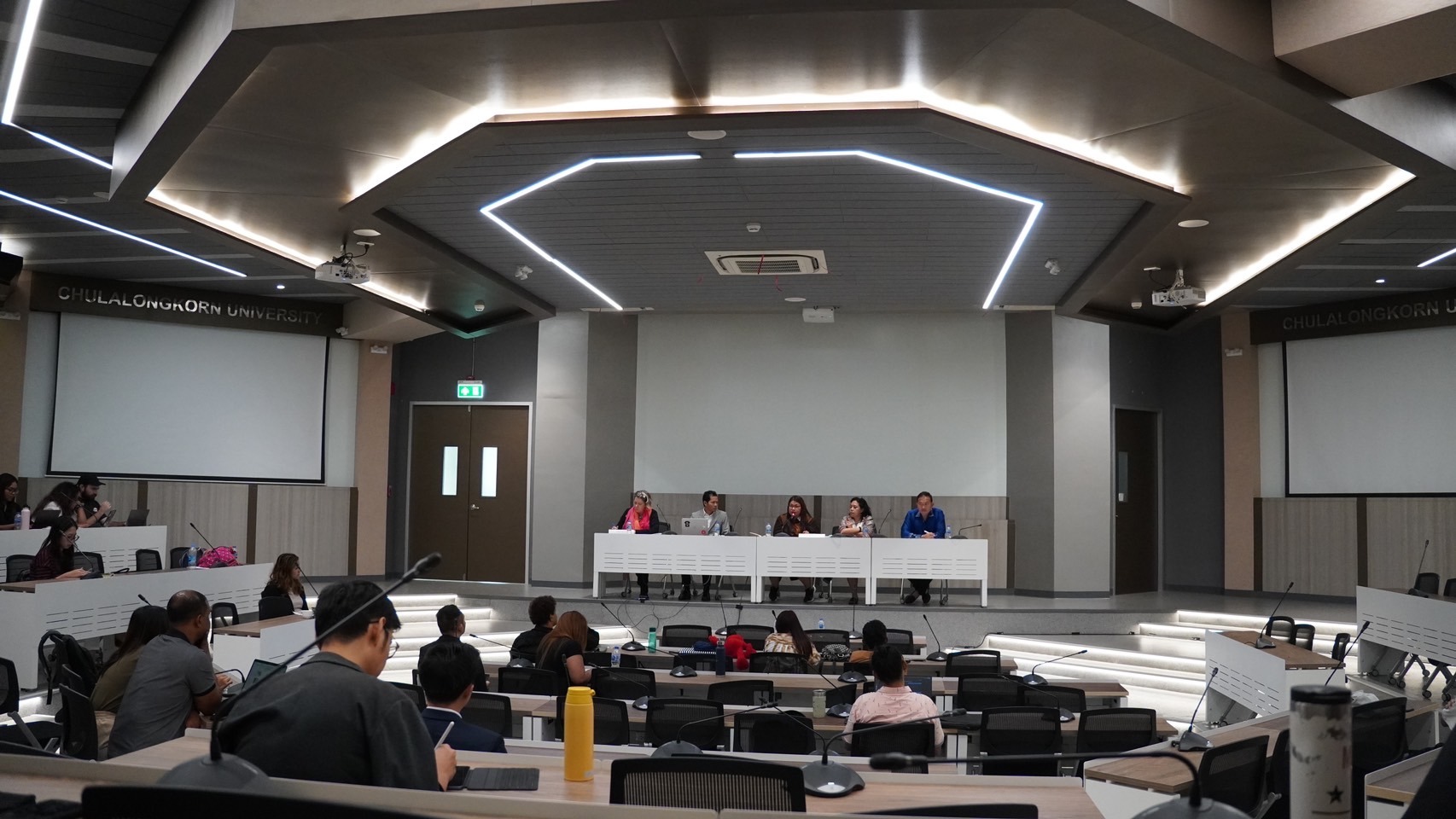Myanmar: Examining The UK And Australia's Selective Approach To Sanctions

Table of Contents
The UK's Targeted Sanctions Regime
The UK's approach to Myanmar sanctions prioritizes a targeted strategy, focusing on specific individuals and entities within the military regime. This differs from broader economic sanctions that would impact the entire nation.
Focusing on Individuals and Entities
The UK's strategy centers on imposing sanctions on senior generals and their associated businesses. This targeted approach, while seemingly precise, presents several challenges:
- Limited impact on the regime's revenue streams: Targeting specific individuals may not significantly hinder the junta's overall financial capacity. The regime may possess alternative revenue streams unaffected by these sanctions.
- Challenges in identifying and tracking assets held overseas: Pinpointing and freezing assets held by sanctioned individuals across international jurisdictions is logistically complex and often requires extensive international cooperation.
- Concerns about potential circumvention through third-party actors: The regime may utilize third-party entities or shell corporations to bypass sanctions and continue its economic activities.
Human Rights Violations as the Primary Justification
The UK government justifies its Myanmar sanctions primarily as a response to the severe human rights abuses perpetrated by the military. This justification emphasizes accountability:
- Emphasis on accountability for atrocities, such as ethnic cleansing in Rakhine state: Sanctions aim to hold individuals responsible for specific crimes against humanity.
- Pressure from human rights organizations and civil society groups: The UK's actions are partly driven by pressure from domestic and international advocacy groups pushing for stronger action against the junta.
- Limited engagement with businesses complicit in human rights violations: While sanctions target individuals, there's debate about whether sufficient action is taken against businesses complicit in human rights abuses.
Australia's Sanctions Strategy: A Similar Pattern?
Australia's approach to Myanmar sanctions mirrors the UK's targeted strategy, focusing on individuals deemed responsible for human rights violations.
Aligning with International Norms but with Specific Targets
Australia's sanctions regime generally aligns with international norms and frameworks, but its implementation is also targeted:
- Collaboration within international frameworks like the UN and ASEAN: Australia coordinates its actions with other nations and international bodies to maximize impact. However, consensus within ASEAN remains challenging.
- Focus on individuals linked to the military’s economic activities: The sanctions aim to disrupt the junta's financial networks and ability to fund its operations.
- Difficulties in coordinating effective enforcement with regional partners: Enforcing sanctions effectively requires strong cooperation with regional partners, which can be challenging given varying geopolitical interests.
Balancing Economic Ties with Moral Concerns
Australia faces the challenge of balancing its moral obligations with its existing economic ties to Myanmar:
- Potential impacts on Australian businesses operating in Myanmar: Sanctions may negatively affect Australian businesses with operations in the country.
- Diplomatic considerations and the need to maintain regional stability: Australia seeks to balance its sanctions with its broader diplomatic interests in the region.
- Balancing humanitarian concerns with economic realities: Finding a balance between punitive measures and the need for humanitarian aid is a significant diplomatic hurdle.
Criticisms of the Selective Approach
The selective nature of UK and Australian Myanmar sanctions has attracted criticism regarding its overall effectiveness.
Ineffectiveness in Curbing the Junta's Power
Critics argue that targeted sanctions are inadequate to significantly weaken the junta:
- Lack of broad economic pressure on the regime: Targeted sanctions fall short of applying the broad economic pressure needed to force meaningful changes.
- The regime's access to alternative funding sources: The junta may easily access alternative funding sources, mitigating the impact of targeted sanctions.
- The potential for sanctions to disproportionately affect the civilian population: There are concerns that sanctions might inadvertently harm the civilian population, exacerbating the humanitarian crisis.
Concerns about Geopolitical Considerations
Some believe geopolitical considerations influence the selective nature of the sanctions:
- Balancing human rights concerns with broader foreign policy objectives: National interests and diplomatic relations often outweigh a complete focus on human rights.
- The influence of other regional powers, such as China: China's significant influence in Myanmar limits the effectiveness of Western sanctions.
- Potential limitations on collective international action against the junta: A lack of unified international action weakens the overall impact of the sanctions.
Conclusion
The selective approach to Myanmar sanctions adopted by the UK and Australia, while aiming to target specific individuals, faces criticisms regarding its effectiveness. While focusing on human rights violations is commendable, the limited scope raises concerns about its ability to curb the junta’s power and prevent further atrocities. A more comprehensive and coordinated international strategy, incorporating broader economic sanctions and stronger cooperation, is needed to achieve meaningful change in Myanmar. To learn more about the ongoing situation and the effectiveness of international sanctions, further research into the Myanmar sanctions regime is crucial. Understanding the complexities of Myanmar sanctions is essential for formulating effective policies that promote human rights and democratic transitions.

Featured Posts
-
 Keine Gefahr Alarm An Braunschweiger Schule Beendet Kinder In Sicherheit
May 13, 2025
Keine Gefahr Alarm An Braunschweiger Schule Beendet Kinder In Sicherheit
May 13, 2025 -
 Doom Dark Ages Xbox Controller And Wrap Limited Edition Release
May 13, 2025
Doom Dark Ages Xbox Controller And Wrap Limited Edition Release
May 13, 2025 -
 Cp Music Productions A Father And Son Musical Duo
May 13, 2025
Cp Music Productions A Father And Son Musical Duo
May 13, 2025 -
 Govor Mrzhnje Marinike Tepi Reaktsi A Natsionalnog Saveta Roma
May 13, 2025
Govor Mrzhnje Marinike Tepi Reaktsi A Natsionalnog Saveta Roma
May 13, 2025 -
 Braunschweiger Amokalarm Reaktionen Und Massnahmen Nach Dem Vorfall An Der Neuen Oberschule
May 13, 2025
Braunschweiger Amokalarm Reaktionen Und Massnahmen Nach Dem Vorfall An Der Neuen Oberschule
May 13, 2025
